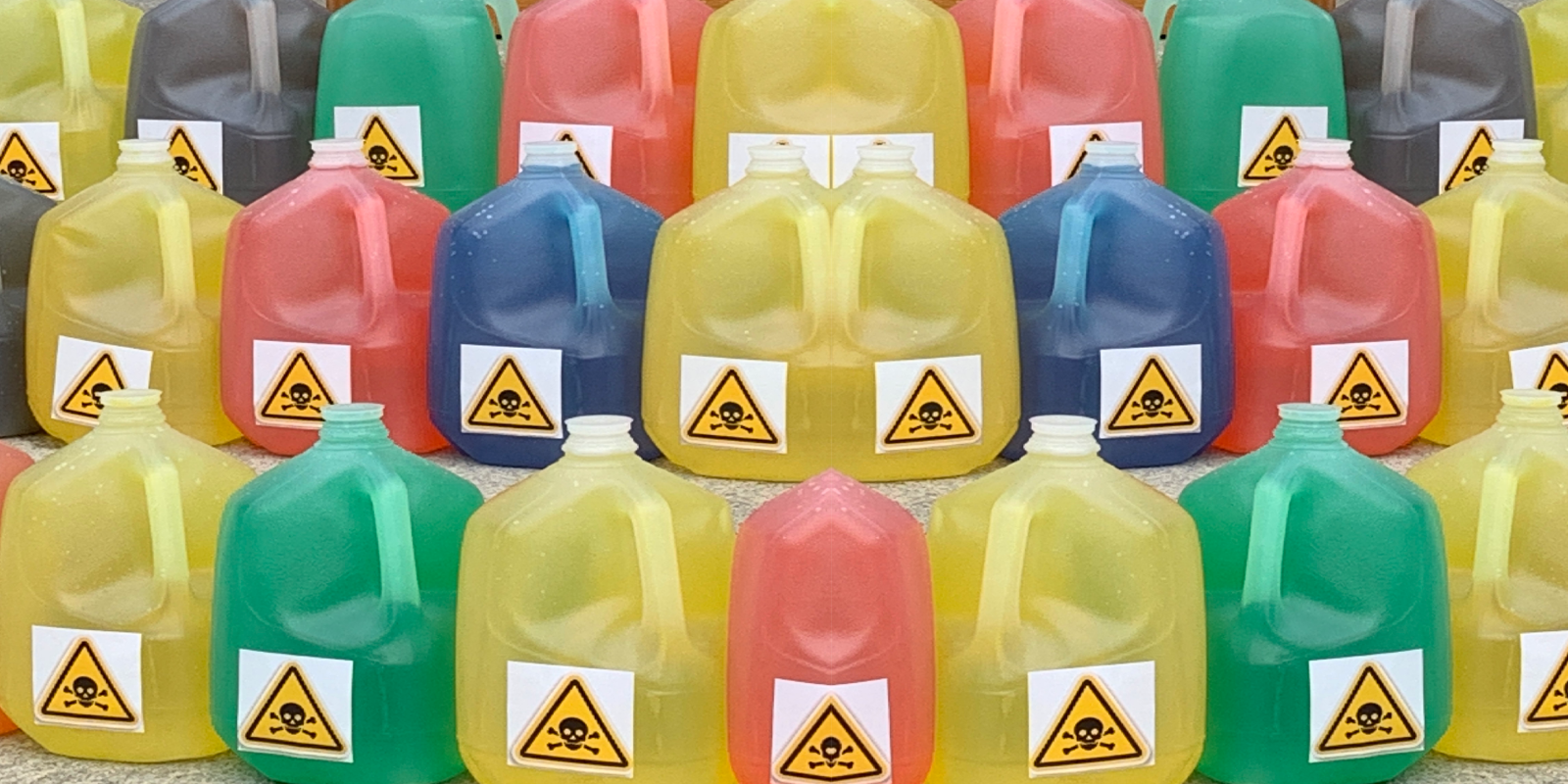On October 8, 2019, members representing a majority of the DC City Council introduced new legislation to implement an excise tax on sugary drinks. The Redstone Global Center and other members of the GWSPH family are part of a community-led coalition supporting this public health measure, as part of the center’s mission to make DC the healthiest capital in the world. Speakers at the press conference included Dr. Yolandra Hancock, adjunct professor with the Milken Institute School of Public Health and expert on childhood obesity.
William H. Dietz, M.D., Ph.D. and chair of the Redstone Global Center, has devoted the majority of his career to topics related to obesity including obesity prevention, nutrition and physical activity. Dr. Dietz released a statement on Healthy Beverage Choices Act of 2019, sharing that “the limited capacity of health systems to address chronic disease emphasizes the need for policy initiatives that make it easier for people to make more healthful choices. Excess consumption of added sugars, especially from sugary drinks, poses a grave threat to the health of children, adolescents and adults in the District of Columbia, disproportionately affecting low-income and minority communities…We know from other cities that taxing sugary drinks works. Taxes reduce consumption, increase public awareness about the dangers of sugary drink consumption, and push companies and retailers to make healthier choices more available.” Read the full statement here.
As part of the engagement with the coalition, Redstone Global Center staff produced a white paper titled “Protecting the Health of All Residents: A Sugary Drink Excise Tax in DC.” This paper discusses the health consequences of sugary drink overconsumption, including the fact that nearly 50% of District residents have diabetes or pre-diabetes, and more residents die each year from complications related to obesity than from AIDS, cancer, and homicides combined. The paper also shares research showing that an excise tax increasing sugary drink prices by 10% (approximately 1 cent per ounce) decreases consumption between 7% and 10%, with higher taxes leading to stronger decreases in consumption. Read the full white paper here.


